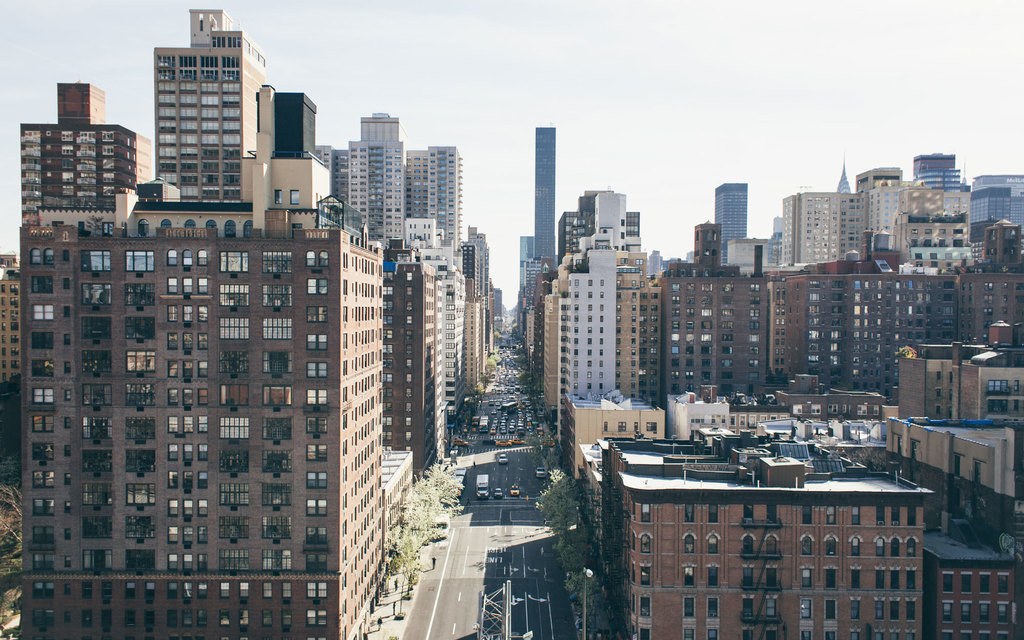
A new bill proposes bringing back "cheap, convenient, and safe accommodations." Airbnb should be worried.
Those of us who fondly remember the down-and-dirty hostel stays of our youth (such as, say, during a dodgy month hitchhiking around New Zealand) will note with glee—or perhaps fear—the introduction of legislation in New York City intending to restore the city’s hostel culture.
In 2010, amNew York reports, 55 hostels around Gotham were shut down after the “Illegal Hotel Bill” passed the state legislature. But this February, former City Council member Mark Weprin introduced a bill to reintroduce hostels in commercial parts of the city. (After Weprin resigned in June, councilwoman Margaret Chin took up the bill’s mantle.)
“This legislation is about leveling the playing field when it comes to providing inexpensive accommodations for travelers—especially for young travelers from foreign countries,” Councilwoman Chin’s office told us in an emailed statement. “Back in 2010, state legislation amending our city’s Multiple Dwelling Law and Administrative Code unwittingly caused the elimination of some 50 youth hostels. This legislation would address that unintended consequence by once more giving hostels the ability to grow to meet increasing demand for cheap, convenient, and safe accommodations.”
Chin spokesman Paul Leonard told us that the issue is essentially twofold: reviving healthy competition and ameliorating the affordable housing crisis. “What we’re identifying is a situation where one company—Airbnb—seems to have complete control of the market in this one sphere … for affordable accommodations for people who are looking for something safe, convenient, affordable, a place that they can experience everything that NYC has to offer.” Hostels, he notes, are a mainstay in every other major city across the world. (In New York City, there are only a handful, operated largely as hotels.)
As Chin expresses it in a statement, “Current law doesn’t just bar the expansion of youth hostels. It eliminates the competition for Airbnb, which is taking thousands of units of affordable housing off the rental market. Without alternative, reasonably-priced accommodations, youth travelers will either continue to sidestep the Big Apple, or worse yet, hunt for illegal apartment rentals through Airbnb, accelerating our affordability crisis.”
“Air BNB is taking thousands [of units] off the rental market,” says Leonard. “We’re introducing a cheap, safe, affordable alternative. Not to mention that the city is missing out on what [some people are calling] a billion dollar youth industry.”
Of course, technically, renting homes via Airbnb is illegal for many Gotham tenants—but although it’s slowed the company’s roll a little bit, it hasn’t squelched the market. Far from it.
Hostel culture, if revived in New York, would potentially be a game-changer in the short-term rental market. One wonders whether Councilwoman Chin’s constituents—she represents district 1 in New York, in lower Manhattan—have been clamoring for this legislation, which some might say favors landlords. Leonard suggested in response to our question on that front that it’s more “an issue of fairness.”
Regardless, it’ll be interesting to see whether the legislation passes, and young travelers might be wise to keep an eye on it.